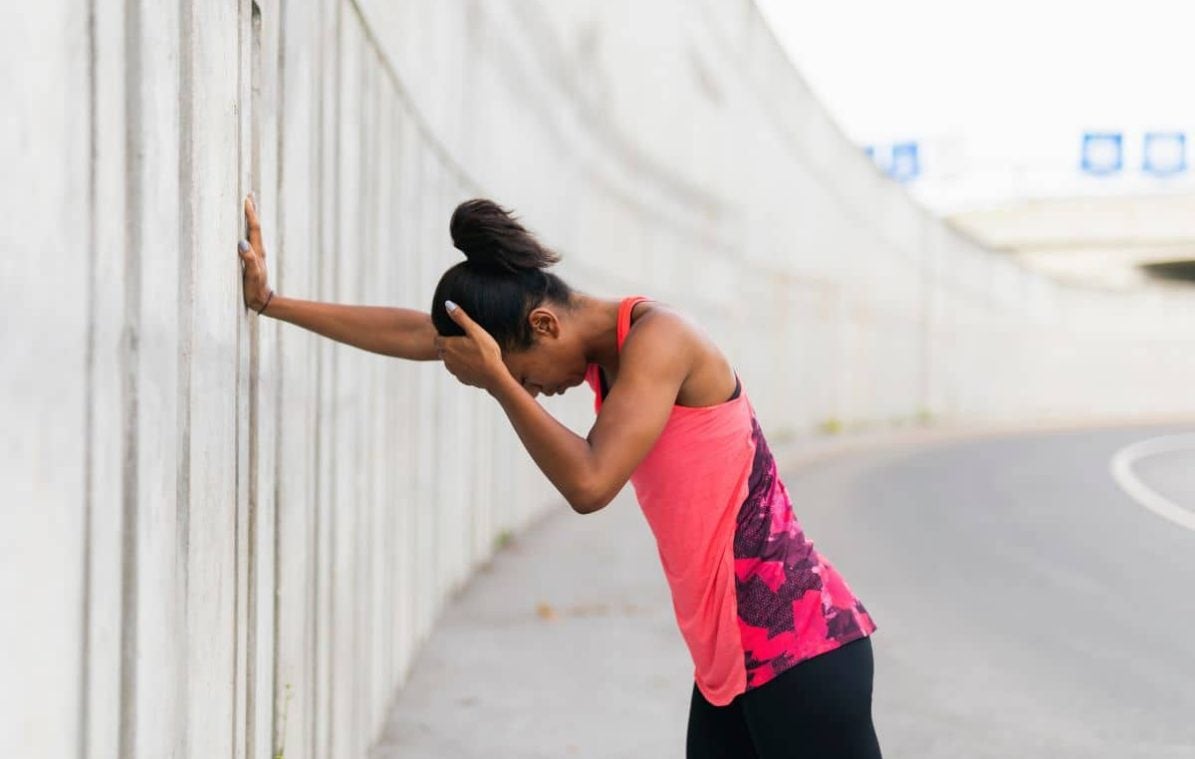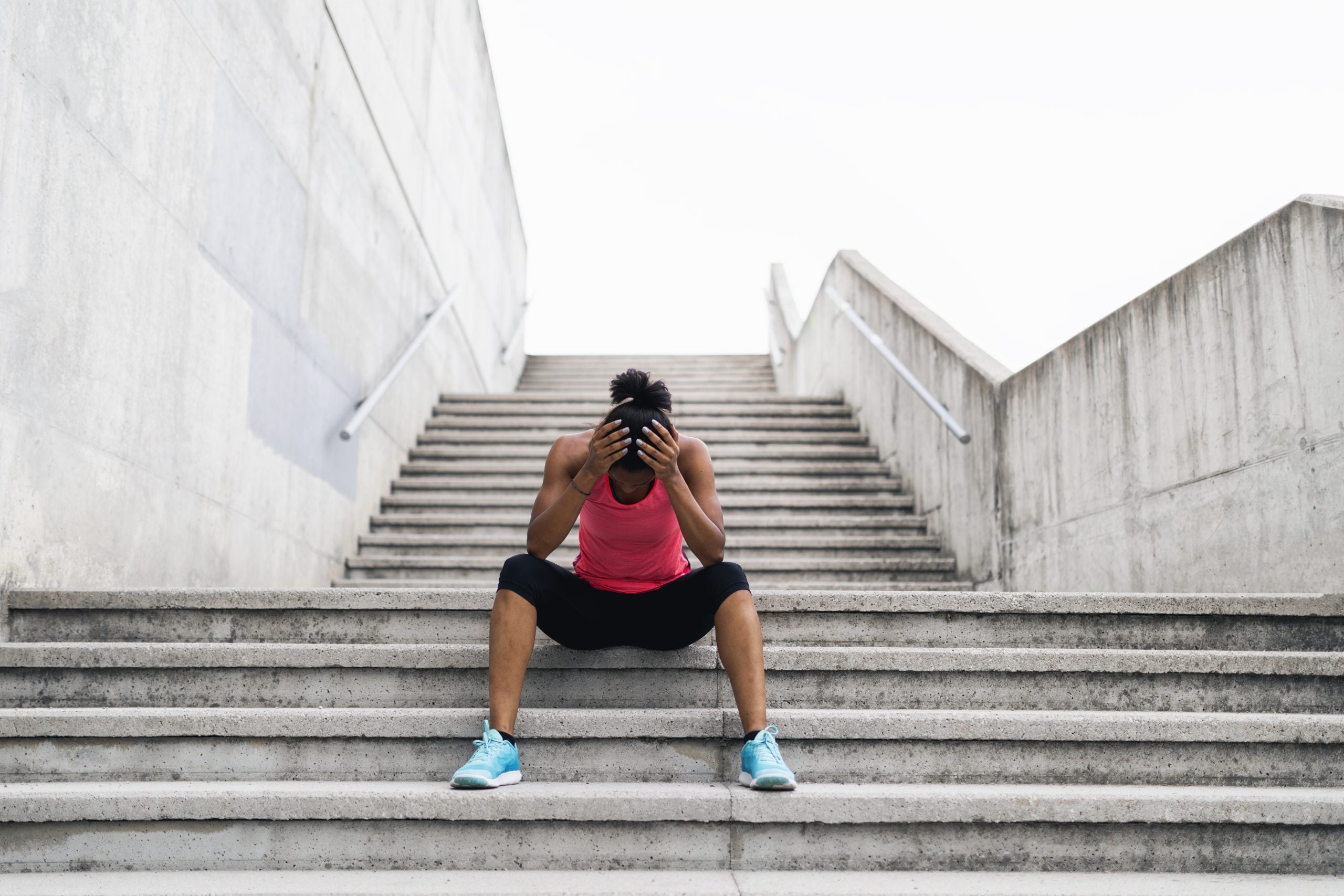Should I Exercise When I Have a Hangover?
 ©piranka
©piranka
Exercising is the last thing on my mind when I’m hungover in the morning. I’m usually busy blaming myself for the night before and that penultimate shot of Jagermeister, or thinking about what kind of junk food I’m going to order via Uber Eats. Will it be barbecue pizza or the almond chicken from the Chinese takeaway? But believe it or not, there are people who insist that there’s nothing better to combat the effects of a good night out than going to the gym to give it your all and “eliminate toxins” by sweating. People who make those of us who prefer not to move from the couch when we have a hangover feel guilty. People who make us feel miserable with their readiness to exercise when they really ought to prefer watching a bad film under a nice blanket. So let’s see if there really is a reason to feel guilty about not working out with a hangover or if, in reality, the ones who should regret it are those who, after a night of excess, have enough willpower to work out in the gym.
The reasons for a hangover
Dehydration is the key to understanding hangovers and their possible solutions. When we drink alcohol, we actually take less water into our bodies than we lose. This process means that some of our body’s organs suffer in the following hours due to the demands placed on the body as a result of the damage caused. Along with the problem of dehydration, we have to add tiredness from sleeping badly, and fatigue, which joins the party so that on hungover days, it feels like your body has been run over by a truck.
The risks of exercising with a hangover
If you have been drinking the day before, expect a number of physical symptoms that can significantly reduce your performance. According to the NSCA (National Strength and Conditioning Association), research shows an approximate 11% decrease in aerobic capacity in people who exercise with a hangover. Another study published in the Journal of Clinical Medicine in 2020, goes in the same direction, claiming that “physical endurance performance is associated with experiencing significantly greater exhaustion during the hungover state.” In this study, 299 people were analyzed and encouraged to exercise the day after consuming alcohol. But what are the physical symptoms of doing sport with a hangover?
#Dehydration: Alcohol is a diuretic. This means that it causes the body to lose more water than it takes in. This causes typical hangover symptoms such as a headache, nausea or a mouth that’s as dry as a slipper. If you exercise, you sweat and become even more dehydrated, increasing those negative hangover feelings.
#Lack of reflexes: According to the Sleep Foundation, drinking alcohol affects our rest, more specifically the REM phase of sleep. Being tired can cause you to feel a lack of reflexes that can result in falls or injuries. And remember that no matter how much or how little alcohol you’ve had, a study published in JMIR Mental Health concluded that even very small amounts affect our sleep.
#Lack of concentration: One of the effects of a hangover is a lack of concentration. There are many studies that confirm this fact, for example this one from 2017. As you can imagine, no one will recommend that you do any kind of exercise if you aren’t focused, as the results could be as awful as ending up seriously injured.
#Less stamina: Or physical strength, or endurance, call it what you will, but the point is that a study published in 2020 in the Journal of Clinical Medicine compared people exercising, either having drunk alcohol or not the night before, and came to the clear conclusion that those who were hungover ended up far more tired than those who were not. So, if you want your training to end well, simply don’t do it with a hangover.
#BeSensible: Make sure you hydrate. Be sure to replenish electrolytes. Choose an easy activity, preferably outdoors. Do a little and, if you still feel terrible, throw in the towel.

Benefits of training with a hangover
If you have a slight hangover. Perhaps prompted by a couple of beers at dinner the day before, or a glass of wine after work, you could do with a bit of exercise. Getting your body moving can help relieve stress, increase blood flow, release endorphins and relax muscles and joints. Keep in mind that doing sports makes us feel good and improves our mood.
Instead of taking your hangover to a boxing class or lifting your max in a bench press, opt for a good stretch, some yoga or going for a walk. Your body will thank you and you might even be able to recover for another night of alcohol and fun. Better not, because as they say “the sequels are never as good”.
Find out more about this topic at foodspring:
- 3 running tips that have changed my life as a runner
- 12 running myths you’d better forget before your next race
- 7 cardio exercises that can prolong your life, according to science
Sources for this article
We at foodspring use only high-quality sources, including peer-reviewed studies, to support the facts within our articles. Read our editorial policy to learn more about how we fact-check and keep our content accurate, reliable, and trustworthy.

































